You’re never too old or too overweight to start running.
There is a way that you can ease into this wonderful sport safely…
If you’re interested in changing your life, improving your cardiovascular health, building confidence, connecting to nature, and increasing your longevity…It’s not the craziest idea…Running will help you to do just that.
This is how to start running if you’re overweight and in your 50s.
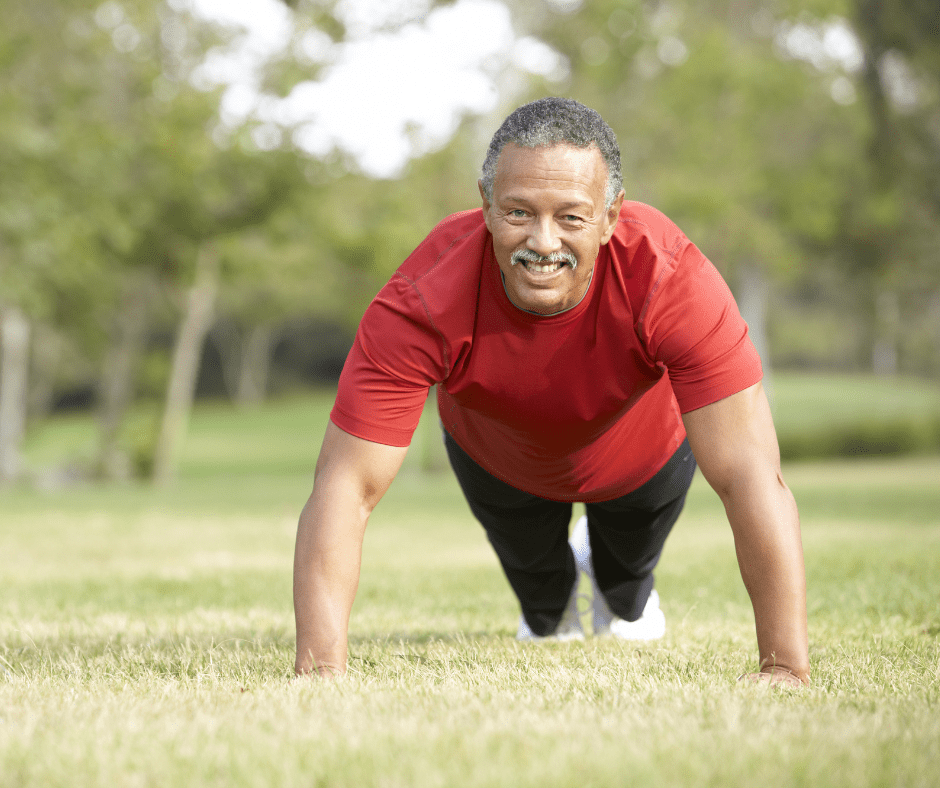
Is 50 Too Old To Start Running?
Loved ones and friends who lead active lifestyles probably tell you that it’s never too late to start training…
You may be surprised to hear this, but research suggests that they are correct.
Frontiers in Physiology published a study that showed us exactly what you need to hear…
The study found that runners who started training after age 50 were able to be as fast and lean as runners in their age group who had been running for their whole lives.
Another study had a look at participants in the New York City Marathon between 1980 and 2009, the percentage of masters runners significantly increased, while the number of finishers under age 40 decreased.
Running really is a sport you can start at any age, it provides a host of mental and physical health benefits no matter how old you are.
Just because you might not look like a gazelle when you’re out there doesn’t mean you’re not a runner.
Running is a fantastic way to boost weight loss if that’s what you’re looking for…
Can You Start Running If You Are Overweight?
Getting started with running may be a bit more challenging if you are overweight, but it is absolutely doable and highly recommended.
It is important to be patient with yourself along the journey so that you reduce the risk of injury and get the most out of your training.
Studies show that running for just 30 minutes will kick-start your metabolism and burn a lot of fat, both during and after the exercise itself.
This is because, during an easy, short run, your body will use fat as its primary source of energy, rather than relying on carbohydrates which play a more significant role as the intensity of the exercise increases.
We wrote this article covering exactly what happens to your body on a 30-minute run and it is UNBELIEVABLE!
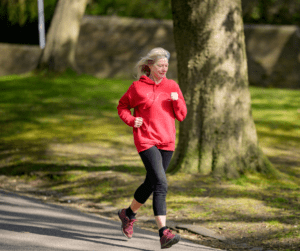
Remember: Becoming a good runner takes time… Pushing too hard too and too far too early will lead to disappointment and may cause injury right away.
Why Running Is Harder When You’re Overweight
Overweight isn’t a subjective term with a loose definition.
You may have heard of the word BMI before, it stands for Body Mass Index and is calculated based on your height and weight.
There is actually a weight range that is considered healthy for a given height, and anything over that healthy range is considered overweight.
Note: If you’re overweight, speak to your GP for advice about losing weight safely first.
Your doctor can advise you which is the safest way for you to lose weight.
If you have underlying problems associated with being overweight, such as polycystic ovary syndrome (PCOS), high blood pressure, diabetes, or sleep apnoea, your doctor may recommend further tests.
It’s obvious that running is harder when you’re overweight, here’s why…
Having extra weight can make it harder to move your body, and thus harder to exercise.
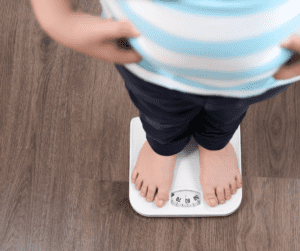
People who are overweight often have a difficult time doing physical activity due to body size, limited mobility, and joint pain.
Physiologically, it is more difficult for an overweight person to do the same amount of exercise as a healthy-weight person because of the extra weight they carry, this is because the heavier you are the more oxygen you need to do the same exercise.
Problems Overweight Runners Might Encounter
1. Trouble Breathing
This is the correct way to breathe while running.
2. Joint Pain & maybe even foot cramps.
Here are foot and ankle strength exercises for runners.
3. Runners Knee
Causes Of Runner’s Knee:
- Overtraining
- Biomechanical Imbalance
- Acute Knee Trauma
- Shoes
4. Shin Splints
Shin splints are normally caused by one of the muscles that are running down the tibia. Typically it is the medial or inside of the shin that normally hurts.
This is how to get rid of shin splints fast.
5. Chafing
All we can say is… Vaseline, Vaseline, Vaseline.
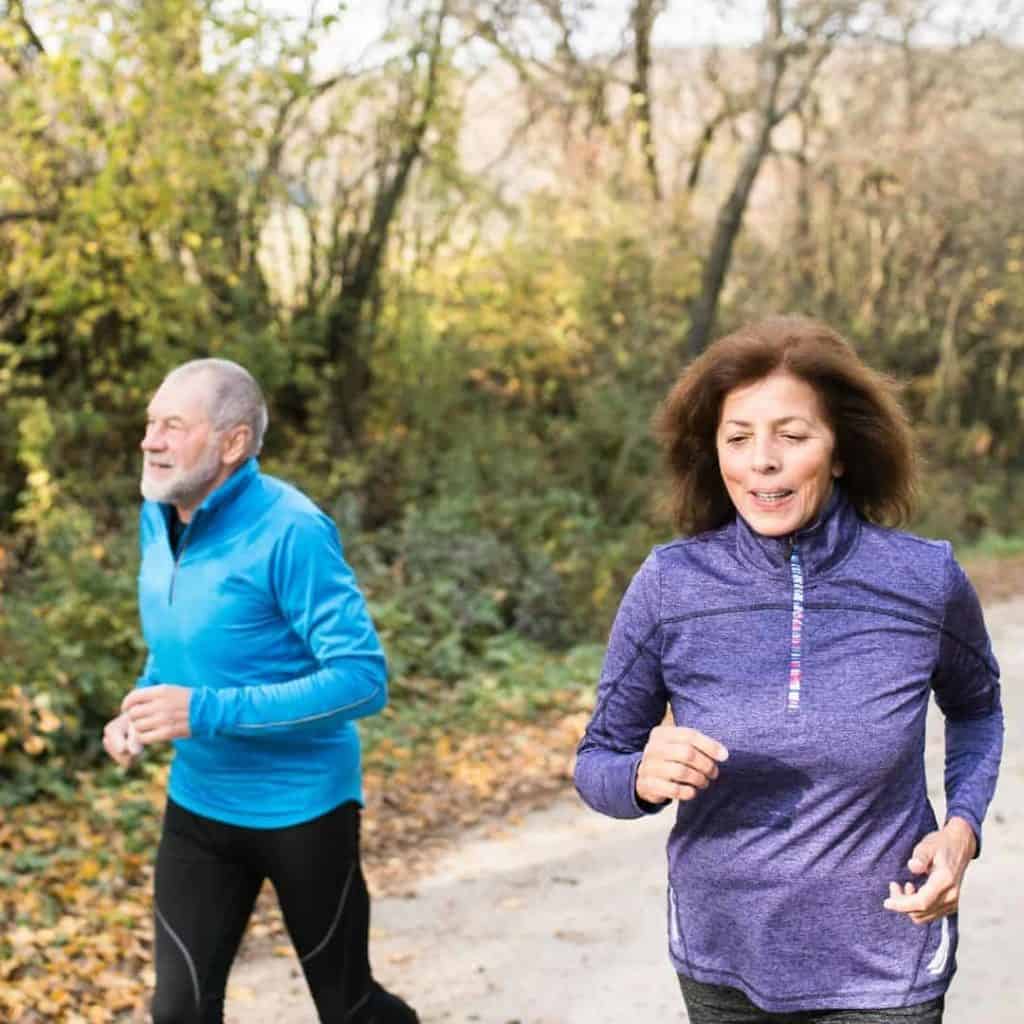
Join us for a free online presentation of the…
The Faster Beyond 50 Masterclass
…and discover how you can run well (and faster) as you get older, without training more or harder than you currently are, all while avoiding injury.
If it feels like you’re training harder than ever but not running the paces you’d like to be running or if you’re constantly tired, fatigued or running in some sort of pain, then this is specifically for you.
Save your seat in this training now…
Nutrition For 50 + Year-Old Overweight Runners

You need to consider your physiological changes… As you get older, there is a decrease in muscle mass and protein turnover, and a decrease in muscle glycogen and protein synthesis occurs.
We are really just going to cover the 1000-foot view…
If you would like to learn more about how you should be eating as a 50+ year old runner then you can get immediate, lifetime access to Practical Nutrition for the Over 50 Runner… HERE
- Muscle responds to demand, that’s why resistance training is so important.
- It’s extremely important to take in adequate calories. (Don’t eat too little)
- Muscles respond to protein intake so you should have a minimum of 1.0 g/kg BW/ day (0.02 oz/lb/d)
- Frequent amino acid consumption during the waking hours is best.
- After training, you should consume 6 grams of essential amino acids as well as some carbohydrates.
- Milk and other dairies (bioactive compounds) will increase your muscle protein synthesis.
- Vitamin D benefits your muscle strength.
- Omega-3 (found in fish) increases muscle mass and strength. Should be eaten 3 – 4 times per week or supplemented with Omega-3 tablets.
- Magnesium is involved with muscle contraction processes (benefits to muscle strength)
- You should be sleeping for 7-9 hours per night.
Tips For Running When You’re Overweight & Over 50
Chat to a professional about your running plan, and weight loss goals and have them assess any potential health issues that may arise.
Make sure you start in the correct pair of running shoes. If you’re overweight, the extra weight and pressure on your joints can make you even more vulnerable to injuries.
It’s important to remember that taking things slow and building up your running fitness incrementally will ensure that you are building up your strength and that you are minimizing your risk of getting hurt.
Walk before you run. This doesn’t mean that you mustn’t run at all, it means that you should do more walking than running. Walking builds up the muscles, ligaments, and tendons that you need for running.
Build up in blocks (ie. be sure to take a recovery week every 3-4 weeks) this doesn’t mean you do nothing, you can still run 3-4 times per week but you reduce the volume in the 3rd/4th week to aid recovery and give you all the benefit of the training you have just done.
Cross-training is your new best friend. You need to start slowly, cross-training will allow you to push yourself a bit harder with non-impact cardiovascular exercises.
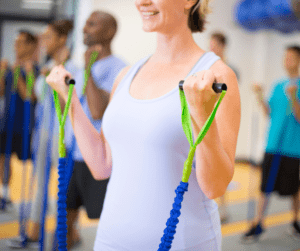
Strength and conditioning training becomes so important as we age, as much as we all hate to admit it, the effects of aging are very real and research shows that by the ages of 60 and 70, you can lose up to 30% of your muscle mass and strength training will help combat that.
Here at Coach Parry we a massive advocates of strength training, especially as we get older. That is why we’ve created this free masters strength training plan for you to download.
Remember that, although running can be a helpful tool for weight loss, it is not a guarantee if you don’t change the way you eat as well.
Sticking with your running plan and achieving your goals may feel difficult some days… so, do what makes this journey enjoyable for you … so that you can keep your motivation up. Some motivation strategies may be rewarding yourself on your rest days or running with a friend.



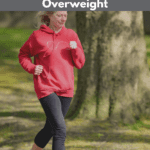
Comments are closed.